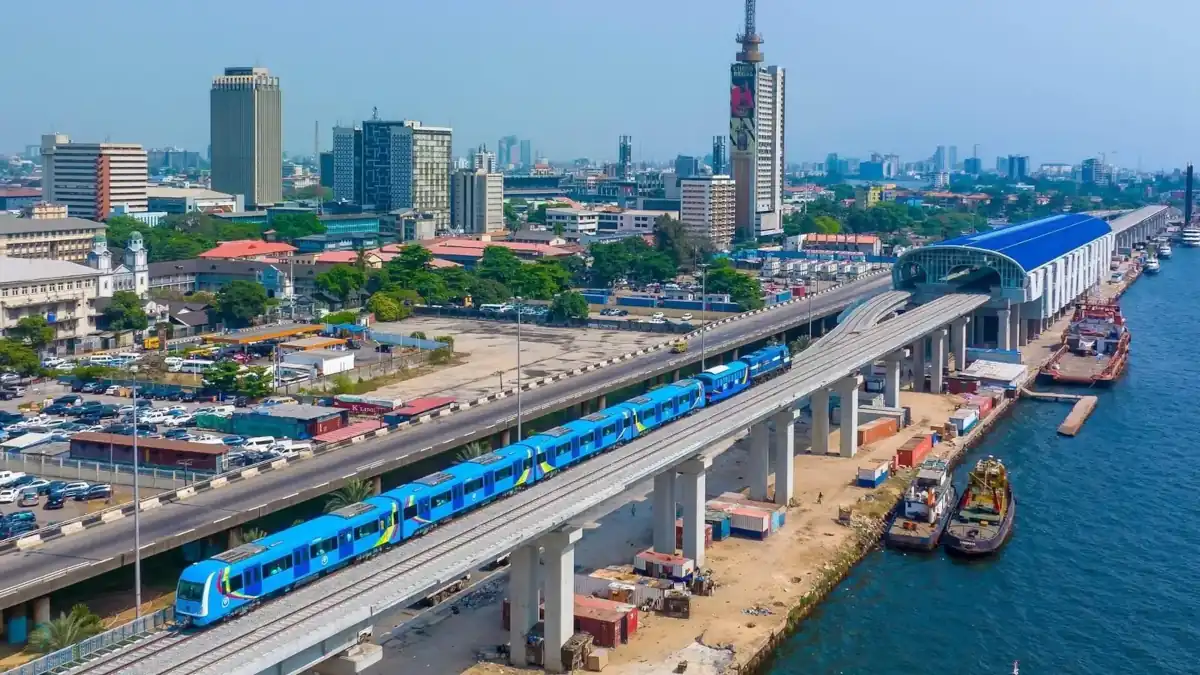The Nigerian market, long dominated by major American and European multinationals, is undergoing a significant transformation. Facing soaring inflation, a depreciating currency, security issues, and electricity shortages, these Western companies are gradually exiting the country. In parallel, a clear rise of Asian and local businesses is reshaping Nigeria’s economic landscape.
Strategic Withdrawal of Western Multinationals
With its substantial population, Nigeria represents a potentially lucrative market for consumer goods. However, escalating economic challenges have forced companies like Procter & Gamble to shut down large-scale production facilities, evidenced by the closure of their $300 million plant dedicated to diapers and sanitary pads. As these spaces become vacant, they do not remain empty for long.
Companies such as Singapore’s Tolaram Group and local Fouani Group have quickly capitalized on these withdrawals. Tolaram, for example, has taken control of Guinness Nigeria Plc, marking a significant transition in the beverage sector. Accustomed to volatile economic environments like Indonesia, these firms implement strategies focused on maximizing the localization of costs and operations. This approach not only reduces risks associated with currency fluctuations but also deeply integrates their brands into the daily lives of Nigerians, as seen with Indomie becoming a staple brand of instant noodles.
Shift Towards Industrial Autonomy
In a context where reliance on imports is increasingly perilous, the companies that maintain and establish successful footholds are those prioritizing local sourcing of raw materials and domestic production. Tolaram has taken this to an extreme by establishing its own oil palm plantations to ensure complete integration of its production chain. This initiative starkly contrasts with the strategy of companies like GSK, which preferred to import its products.
This wave of economic and industrial transformations is not without consequences. On one hand, it could significantly reduce Nigeria’s vulnerability to external shocks by strengthening its industrial autonomy. On the other hand, it may complicate efforts by President Bola Tinubu, who is trying to revitalize an economy bled by poorly received policies and persistent structural challenges. However, as Girish Sharma from Tolaram points out, every challenge also contains the seed of a potentially transformative opportunity for the country.
The ongoing transition in Nigeria’s industrial sector illustrates a paradigm shift where local and Asian actors now play a predominant role, redefining market dynamics and perhaps even the country’s future economic trajectories.
Articles similaires
- → Nigeria: Dangote Denounces Oil Mafia
- → Nigeria: Billionaire Dangote optimistic about economic prospects
- → A company owned by billionaire Femi Otedola rakes in $40 million in revenue in the first quarter of 2024
- → Great fortunes: billionaire Mike Adenuga enters african top 5
- → The net worth of billionaire Mike Adenuga rebounds strongly

